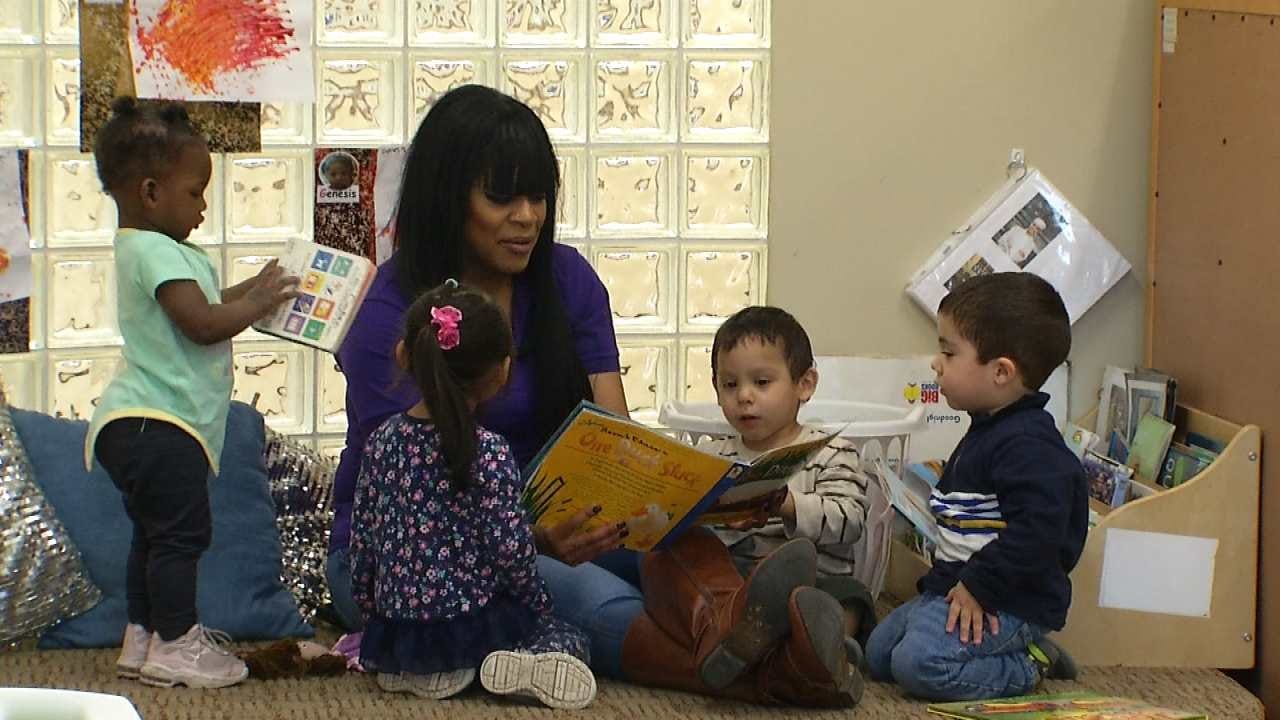To address the challenges in early childhood education in Tulsa, several solutions can be implemented.
Firstly, there should be an expansion of high-quality early learning centers to increase access ...
Read more
(Updated problems) Tag: Reverted |
(Updated problems) Tag: Reverted |
||
| Line 1: | Line 1: | ||
{{Problem | {{Problem | ||
|Description= | |Description=Early childhood education faces several challenges that hinder the development of young children. One of the major challenges is the lack of access to quality education, especially in low-income communities. Another challenge is the shortage of trained and qualified teachers who can provide appropriate guidance and support to young children. Additionally, the lack of resources and funding for early childhood education programs is a significant obstacle. Cultural and societal beliefs also pose challenges, as some communities do not prioritize early childhood education or view it as a luxury. Finally, the COVID-19 pandemic has further exacerbated these challenges, with many children unable to attend school or access remote learning opportunities. | ||
|Region=Tulsa | |Region=Tulsa | ||
|country=United States | |country=United States | ||
This Problem
needs your help
Region: Tulsa
Decades of research are evident: children learn from their first days. The amount, type, quali,ty, and consistency of a child’s early learning experiences dramatically impact and influence a child’s potential for future academic success and social-emotional well-being.
Tulsa, like most communities, does not offer enough high-quality early education for the number of low-income children who need it. GKFF® supports 16 high-quality early learning centers in Tulsa, serving approximately 2,000 children in year-round education and care and a range of other home-based and community-based programs.
The human brain has a remarkable capacity for change, but timing is crucial. From birth to three, a critical and specific window of opportunity exists during which a child is most receptive to learning. In fact, a majority of a child’s brain formation occurs by age three, yet less than four percent of public expenditure for education is allocated to that time period.
Access to high-quality, comprehensive early childhood opportunities for at‐risk children, starting at birth, can help improve their long‐term student proficiency in reading and math. These early education opportunities help build the foundation for low-income children to perform as well as their peers when they enter kindergarten.
Add Solution/Link Solution
0
0

To address the challenges in early childhood education in Tulsa, several solutions can be implemented.
Firstly, there should be an expansion of high-quality early learning centers to increase access ...
Read more
1
0

In response to community demand for high-quality early childhood education programming, GKFF helped establish Tulsa Educare in 2006. With three centers in distinct low-income neighborhoods and a fourt...
Read more
Link/Delink solution
Uncheck to delink a solution
Link/Delink project
Uncheck to delink a project